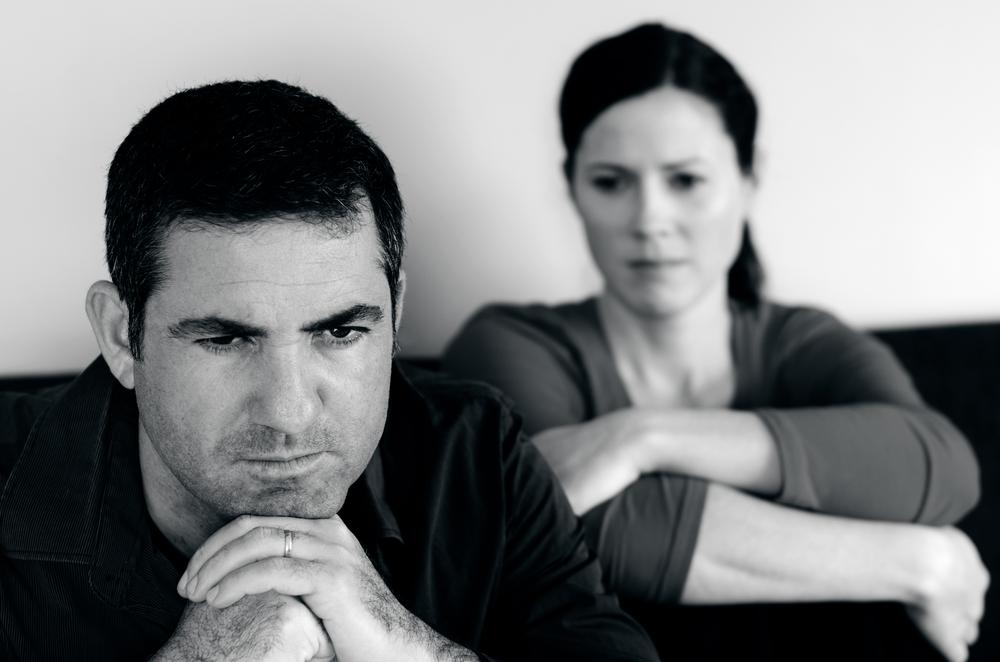My friend Jane was lamenting the fact that her 10-year-old daughter would be coming home from camp early.
Jane had finally given in; she couldn’t take any more sobbing phone calls from her daughter about how awful camp was and how the girls in the cabin were bothering and mistreating her.






